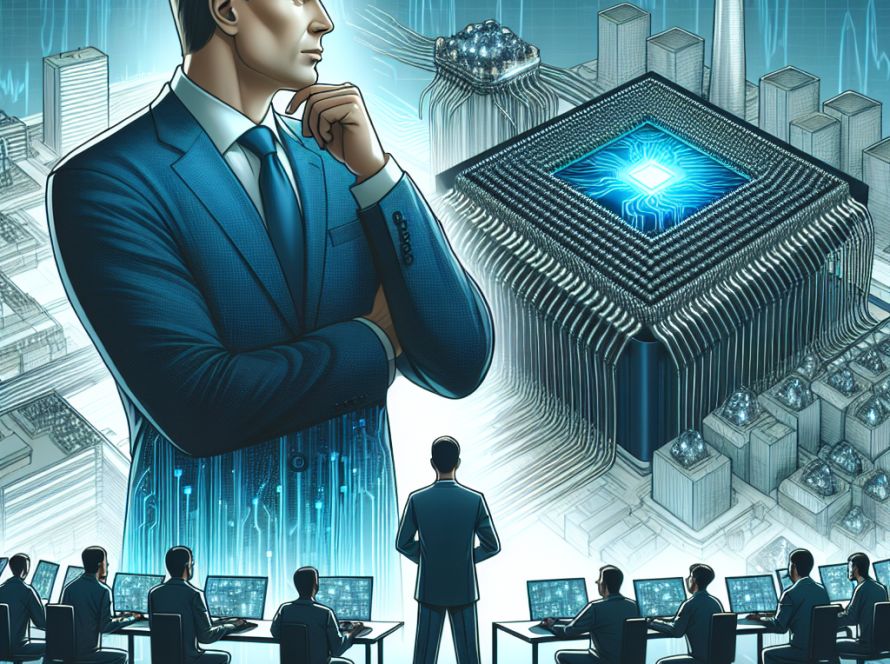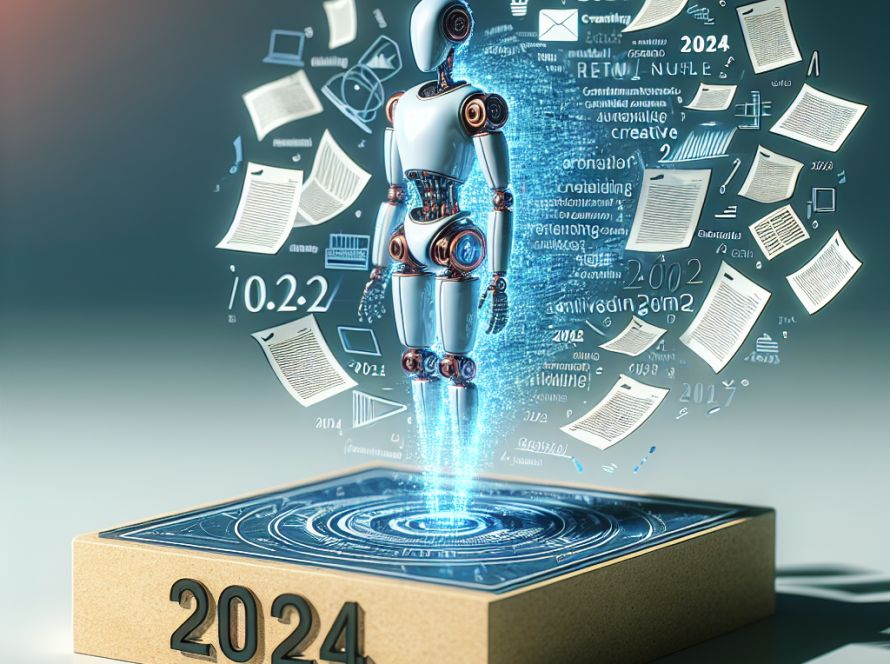The University of Chicago’s recently introduced data poisoning tool, Nightshade, garnered over a quarter of a million downloads within five days from its launch on January 18, 2024. The tool aims to shield visual artists’ work from unauthorized use by AI models by subtly tampering with image pixels, confusing the model without impairing the visual quality noticeably to the human eye.
Nightshade guards artists’ work by training AI models on altered, or “poisoned” images, resulting in the model producing inaccurate output, which in turn serves as a long-term protection against data scraping. The disruption caused by these poisoned images poses a dilemma for AI developers, who must either find a resolution or rethink data scraping habits to avoid copyright violations.
The tool’s effectiveness grows with the volume of poisoned images used in an AI model. If all images in a dataset are poisoned, the AI will struggle to generate a coherent output. At a smaller scale, poisoned images can misdirect the model’s learning, subsequently generating false associations.
Ben Zhao, the project leader and a computer science professor, expressed surprise at the tool’s overwhelming response, stressing that it surpassed all expectations. This sentiment was echoed in a team announcement on social media, emphasizing the exceptional demand and confirming that the initial strain on the university’s network was due to legitimate downloads.
Nightshade is the team’s latest endeavor after Glaze, another tool intended to mislead AI models. There are ongoing discussions about blending Nightshade and Glaze to build a robust defense barrier for digital content. Nightshade, though sophisticated and resource-intensive, is worth the time and investment.
Despite its modest user interface, Nightshade is pretty intuitive and guides users effectively, facilitating outputs within 30 to 180 minutes based on the set parameters. Artists and tech aficionados endorse the tool, encouraging its widespread deployment to mitigate data scraping.
The backlash from the artist community against unauthorized use of their work by AI developers has surged enormously this year. Artists from various creative sectors are rallying for their rights on different social platforms, bolstering the crusade spearheaded by advocates like Reid Southen and Jon Lam.
AI developers also have to fend off several copyright lawsuits and tackle escalating energy requirements and looming semiconductor shortages. Although Nightshade does have its intricacies, plans are in place to merge it with the open beta stage social and portfolio app Cara, indicating broader acceptance in the future.
As the digital environment keeps evolving, tools like Nightshade not only offer practical solutions but also symbolize the continuing battle for authority and honor in the AI era. Another “AI race” is underway in an industry fraught with tension.


